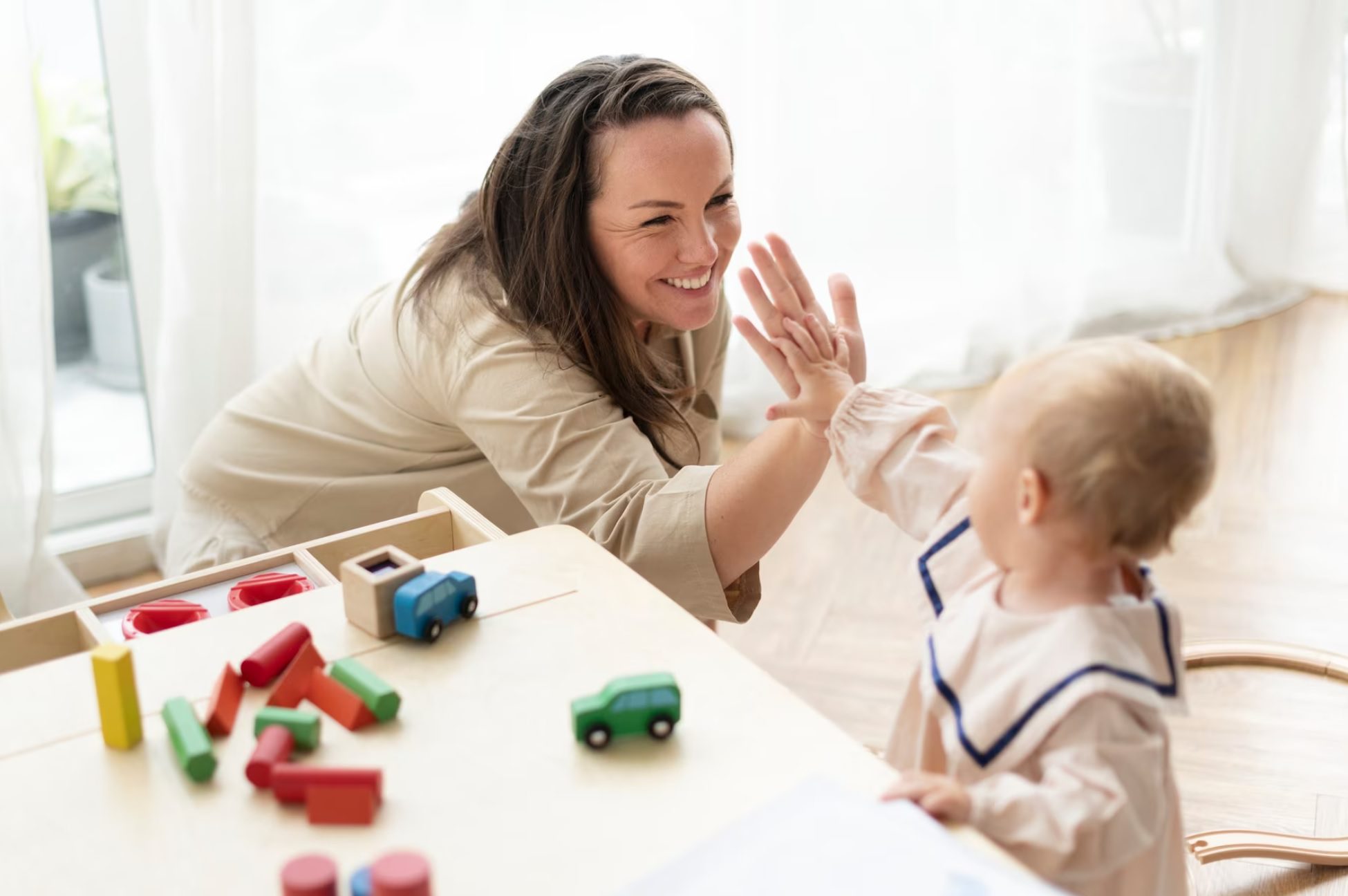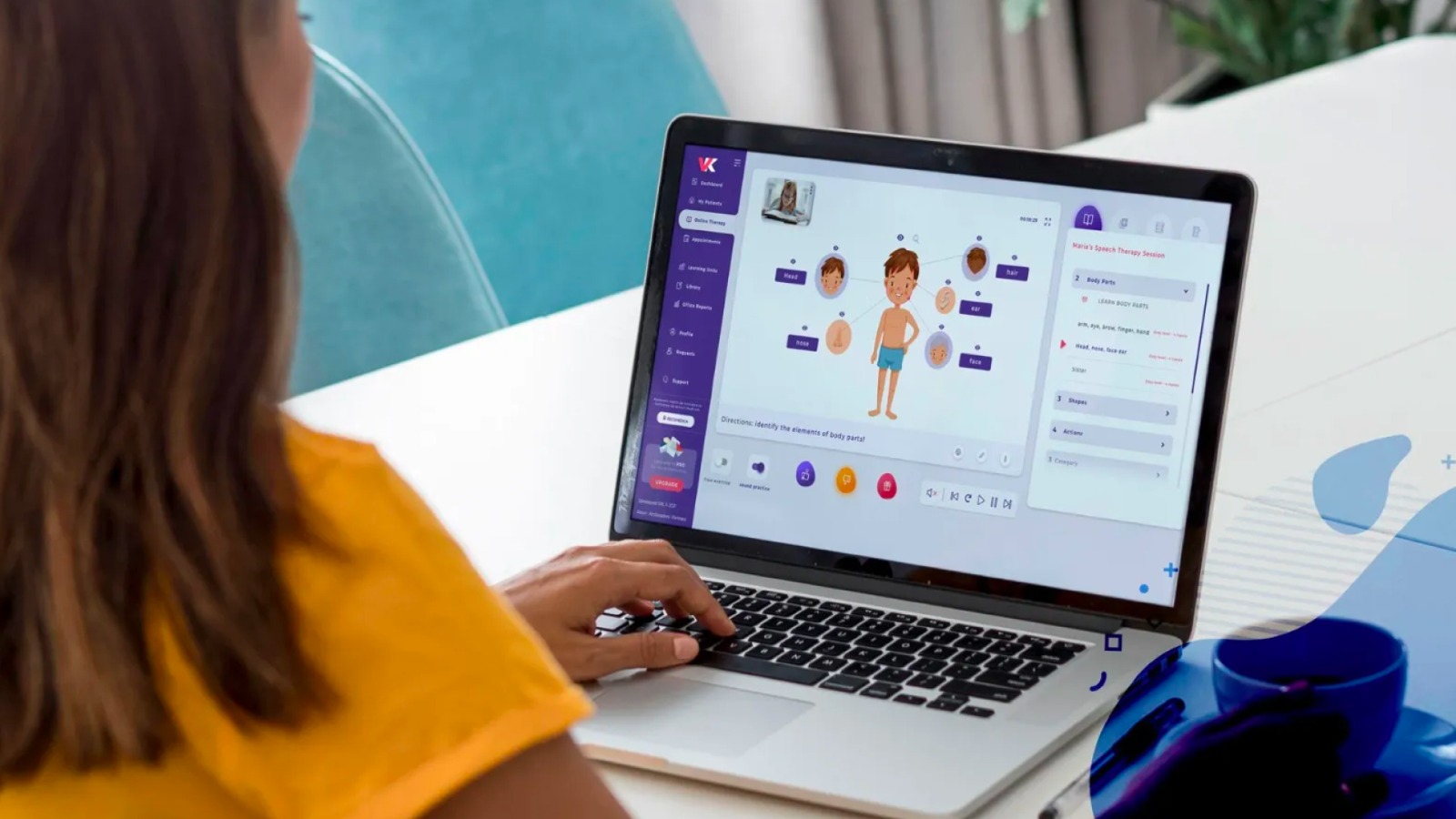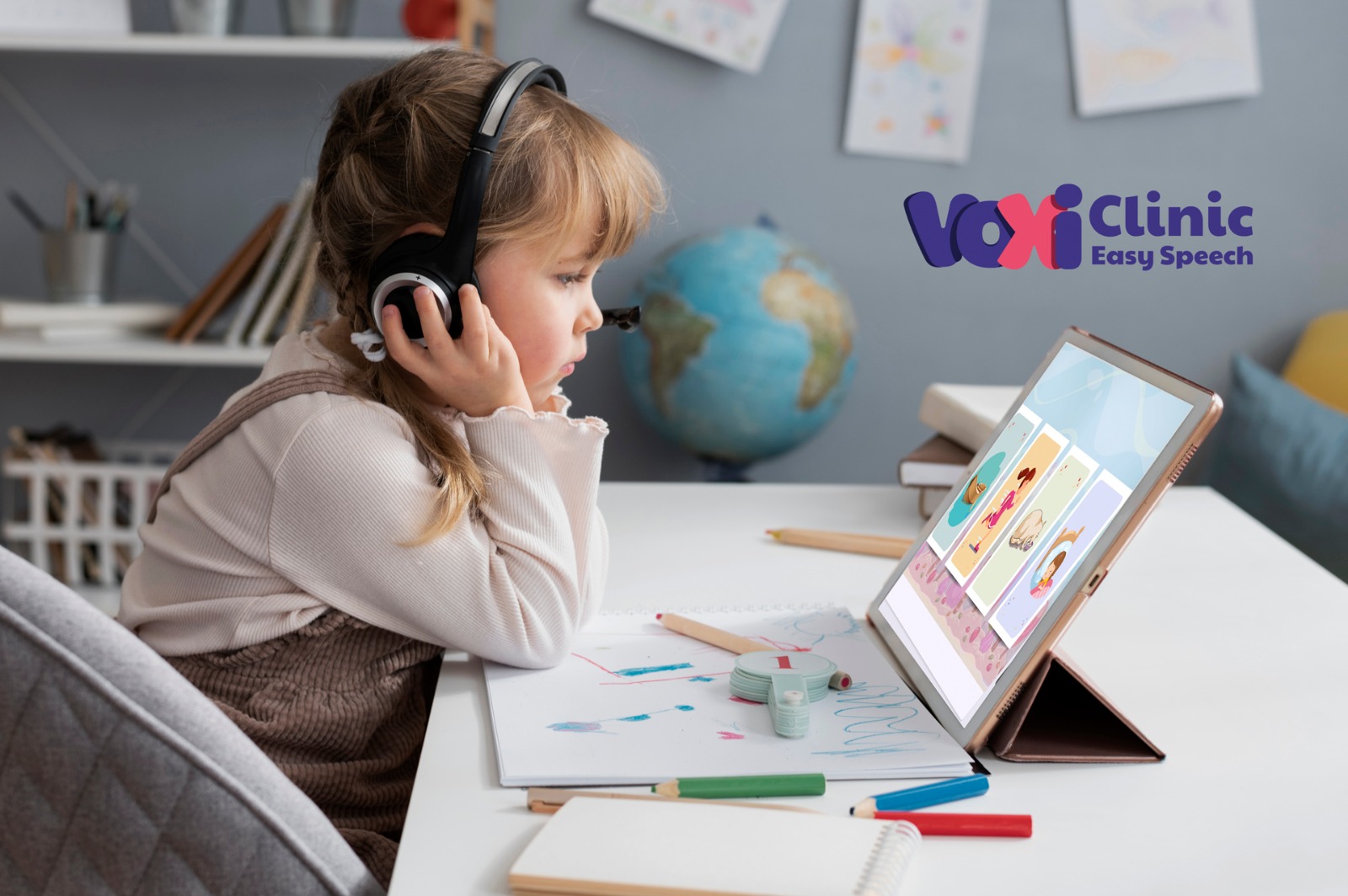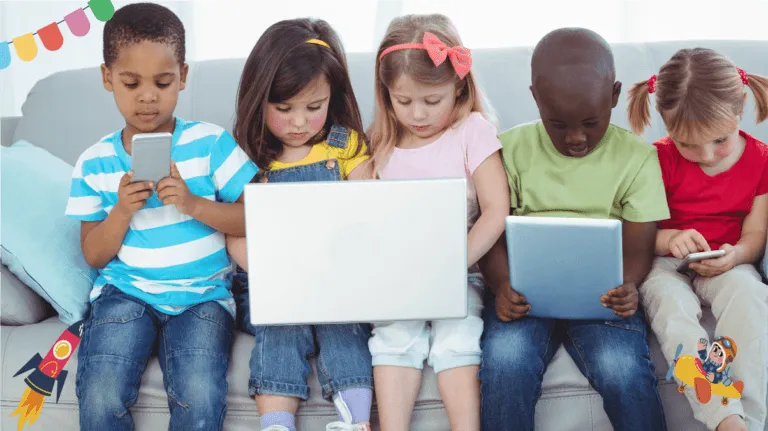In the early years of life, children go through important stages in speech development. From the first coos to recounting the first day of school, children's language tends to develop sequentially. First, they observe the sounds and behavior of their parents, then try to reproduce them using their tongue, lips, palate, and baby teeth. The first sounds that children usually manage to pronounce are those formed from vowels. Over time, these will become syllables. Then, through repetition, children will utter their first words formed from double syllables – “mama”, “dada”, etc. By the age of two, most children are able to formulate very simple sentences, consisting of 2-3 words.
Although psychologists classify language age according to these developmental milestones, it is important to remember that not all children develop at exactly the same rate, and some variations are normal. This means that some children may speak faster, and others a little later. However, as a parent, knowing the stages of language development can help you orient yourself – you know what to expect and you can tell if you need to consult a speech therapist.
Timeline of language development
Baby (first year of life)
| Birth – 3 months | Coos softly when happy. Makes vowel sounds like "aaah" or "oooh". |
| 2 – 3 months | Has different cries depending on the situation. Over time, you'll identify what each cry means – hunger, tiredness, etc. |
| 3 – 4 months | Although still mainly making vowel sounds, the child's cooing is more complex, with varied sounds. |
| 5 – 6 months | Tries to babble and repeats the first syllables. Also in this period, he begins to lower and raise his voice, imitating your sounds. If your little one doesn't vocalize at all by the age of 6 months, consult your pediatrician. |
| 7 – 12 months | Babbles more and more diversely and tries new combinations of sounds. Imitates and repeats your sounds, carrying on "conversations" with you. If by 7 months, the child is not making both vowels and consonants, contact your doctor. |
Toddler (1 – 2 years)
| 12 months | Says the first word. Knows one or more words and uses them. |
| 14 months | Begins to modulate his voice, using inflections (raising the voice at the end of a question) and "talks" with his hands (gesticulates to complete his speech). If by 15 months the child does not say any words, it is time to consult a doctor. |
| 16 months | Talks to someone most of the time, doesn't babble alone. Says "mama!" or "dada!" to get your attention, nods to indicate "yes" or "no". Pronounces the most common consonants (t, n, d). |
| 18 months | Has a vocabulary of a few words, which includes verbs ("eat", sleep) and simple adjectives ("cold", "hot"). |
| 18 – 24 months | Begins to formulate simple sentences to indicate a request ("give water", "want sleep", etc.). |
Preschooler (2 – 4 years)
| 24 months | Uses sentences of 2 – 3 words and personal pronouns (to refer to himself). The vocabulary includes from 50 to 100 words. |
| 2 -3 years | Vocabulary grows to 300 words. Can carry on short conversations about things around him and frequently asks simple questions. Sentences increase in complexity from 3 to 6 words and uses more verbs. If at the age of 2 – 3 years, the child still repeats your questions without answering in his own words, talk to your pediatrician. It could be either a social or language development delay. |
| 3 – 4 years old | Frequently uses interrogative words (“why,” “how,” “when,” “who”). Is understood most of the time and understands what you ask. For example, they can tell you what happened while you were out of the room. The little one may seem to speak unclearly or stutter because they are in a hurry to tell you many things at once. This is perfectly normal behavior. However, if it persists for more than 6 months, if they clench their jaw when speaking, or if they grimace, it is time to consult a speech therapist. |
Schoolchild (4 – 8 years old)
| 4 – 5 years old | Communicates clearly and narrates a story from start to finish using a sequence of images. |
| 6 – 7 years old | Can describe how two objects are similar or different, can tell a story without the help of pictures, and can recount a past event or experience they participated in. |
| 8 years old | Masters all speech sounds, as well as appropriate rhythm, intonation, and volume. Correctly uses compound and complex sentences and can hold a conversation with an adult. |





